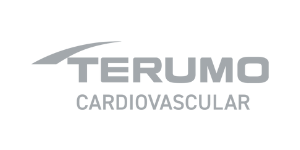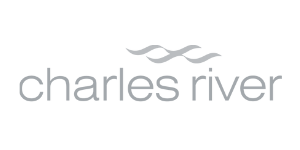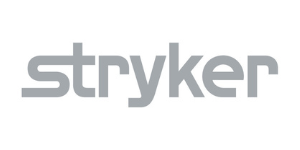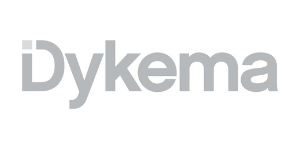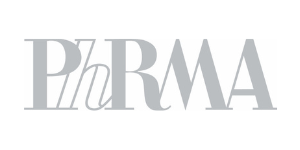May 9, 2025
Michigan’s legislature is considering two bills, SB 94 and SB 95 related to the federal 340B Drug Pricing Program and both bills are expected to be deliberated by the House Health Policy Committee in due course. These bills, passed by the Michigan Senate, aim to prohibit drug manufacturers from restricting hospitals' access to discounted drugs under 340B. The 340B program was originally intended to help low-income and uninsured patients access affordable medications by requiring drug manufacturers to provide discounts to safety-net providers. However, misuse and abuse of this well-intentioned but ballooning program is driving up costs for patients, taxpayers, employers, and everyone who pays for healthcare. The 340B program enables participating hospitals to purchase medications at significant discounts and sell them to plan sponsors at the prevailing rate, a “buy low, sell high” scheme that results in profits at the expense of working families. There is no guarantee that 340B profits are passed to vulnerable patients in local communities, while raising prices due to incentives for steep markups on medications, lost rebates, health system consolidation, and incentives to prescribe higher-cost drugs and fewer biosimilars. MichBio spent time alongside representatives from member companies and our national organization, BIO, educating key legislators about 340B and specifically raised concerns about the potential impact of 340B programs on drug pricing and innovation. We and our partners maintain that any changes to the 340B program should be comprehensive and address systemic issues, such as transparency, diversion, and duplicate discounts, ideally at the federal level. MichBio continues to work to ensure that any changes to the program do not negatively affect patients, providers, and the industry as a whole.











